
With more than 250km of coastline, large tidal flats and water surface, Quang Ninh has special potential for comprehensive development of the fisheries sector. However, in the past, most fishermen in the province lived on coastal fishing. The increased intensity of fishing has led to a decline in fishery resources and a serious impact on the ecological environment.
Realizing that risk, Quang Ninh has chosen a strategic direction: Strongly shifting from exploitation to aquaculture, especially marine farming, associated with resource protection, sustainable marine economic development and improving fishermen's lives.
Since 2010, the province has stopped granting licenses to build new fishing vessels with a capacity of less than 30 horsepower, only granting licenses within the prescribed quota; at the same time, it has tightened management of new building and conversion facilities, ending the situation of small vessels operating illegally near the shore. The province has also banned fishing in the core area of Ha Long Bay, banned the use of destructive fishing gear, demarcated long-term conservation areas, or temporarily suspended fishing during the breeding season. These drastic solutions have helped to drastically reduce the number of coastal fishing vessels, creating conditions for the recovery of natural resources and creating room for aquaculture development.

Along with the restructuring of the fishing industry, the province has seriously and comprehensively implemented the management and control of fishing vessels. Since the beginning of 2025, Quang Ninh has accelerated the registration, inspection, and issuance of fishing licenses for fishing vessels, resolutely not allowing "3 no" and "2 no" fishing vessels to operate at sea.
By the end of September 2025, the whole province will have more than 6,200 fishing vessels, of which 3,570 are 6-12m long, 749 are 12m or longer; no vessels violate foreign waters. The voyage monitoring system is installed on 100% of vessels 15m or longer, helping to manage fisheries transparently and effectively.
Thanks to that, Quang Ninh's fishing industry is clearly shifting towards offshore fishing, which is safer and more effective, while significantly reducing pressure on coastal fishing, contributing to restoring the marine ecosystem.

Along with reducing exploitation, Quang Ninh pays special attention to planning marine space to develop aquaculture. The province has integrated more than 45,000 hectares of aquaculture areas into the Provincial Planning for the period 2021-2030, with a vision to 2050. Of which, the sea area within 3 nautical miles accounts for 53% (23,975 hectares), the sea area within 3-6 nautical miles accounts for 28.8% (13,031 hectares), the sea area beyond 6 nautical miles accounts for 18.2% (8,240 hectares). About 13,000 hectares are oriented to mollusk farming, 5,000 hectares are for marine fish farming, the rest is for internal traffic and environmental self-recovery buffer zones. Concentrated farming areas in coastal localities are forming an industrial marine farming model with HDPE plastic cages, using environmentally friendly floating materials, and applying modern management technology.
Currently, the province's aquaculture area has increased by more than 150% compared to 2020, marine aquaculture output accounts for 65% of total aquatic product output, production value is estimated at 7,000 billion VND in 2024, expected to be over 16,600 billion VND in 2030.

To promote the restructuring of the fisheries sector, Quang Ninh has issued a series of mechanisms and policies to encourage investment in industrial marine aquaculture; promoted reform of administrative procedures in licensing and assigning sea areas; and at the same time created favorable conditions for businesses, cooperatives and people to access capital, technology and markets.
The province also focuses on training and coaching modern marine farming techniques, guiding fishermen to change careers; implementing environmental monitoring and disease warning in farming areas; encouraging marine farming models combined with eco -tourism , creating added value for products.
Along with that, promoting the application of science and technology and digital transformation in management, production, product traceability, ensuring biosafety, and improving the competitiveness of aquatic products in the domestic and export markets.
The shift from exploitation to marine aquaculture is not only a change in production methods, but also a shift in sustainable development thinking of the Quang Ninh seafood industry. From “fishing” to “farming”, from “natural exploitation” to “marine ecological economy”, Quang Ninh fishermen are becoming more dynamic, creative and professional “sea farmers”.
With clear orientation, methodical planning, and the support of the government, businesses and people, Quang Ninh is affirming its position as a pioneering locality in restructuring the fisheries industry, opening up the future of developing an industrial, modern, green and internationally integrated marine aquaculture industry, contributing to the successful implementation of the goal of sustainable marine economic development set forth in the Resolution of the Provincial Party Congress.
Source: https://baoquangninh.vn/chuyen-dich-tu-khai-thac-sang-nuoi-bien-3378932.html







![[Photo] Dan Mountain Ginseng, a precious gift from nature to Kinh Bac land](/_next/image?url=https%3A%2F%2Fvphoto.vietnam.vn%2Fthumb%2F1200x675%2Fvietnam%2Fresource%2FIMAGE%2F2025%2F11%2F30%2F1764493588163_ndo_br_anh-longform-jpg.webp&w=3840&q=75)
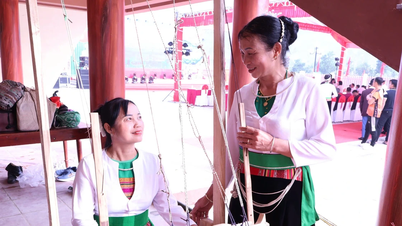

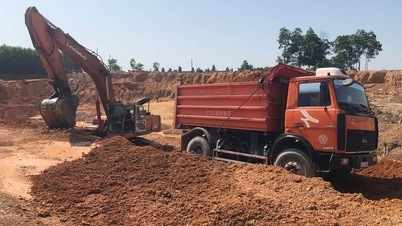

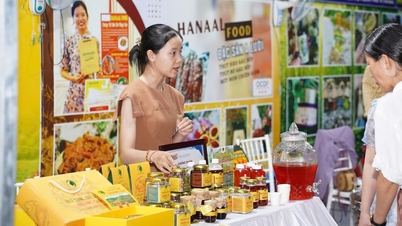
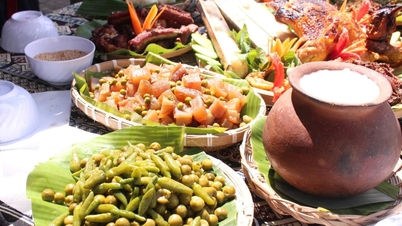

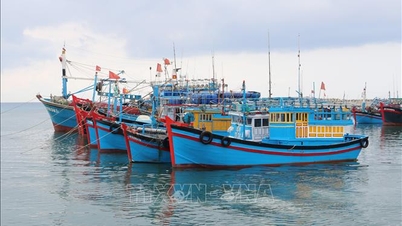

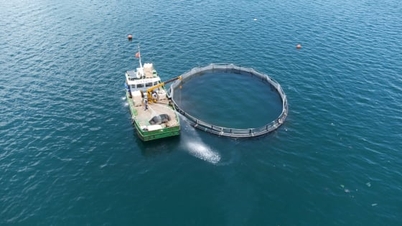

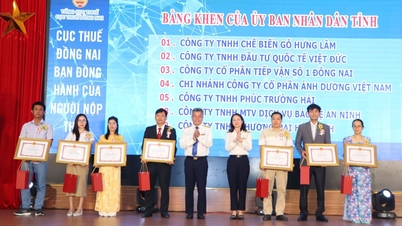

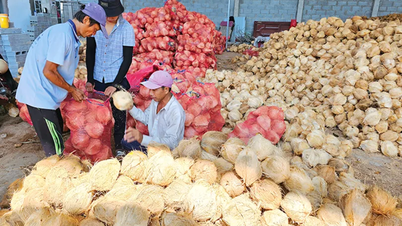

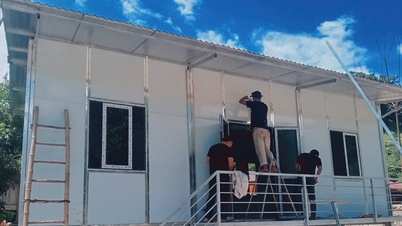

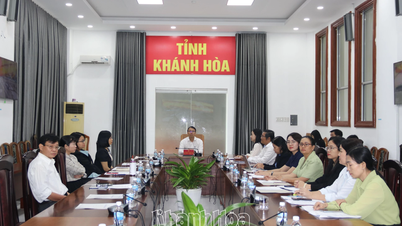

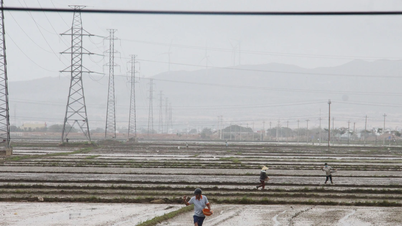

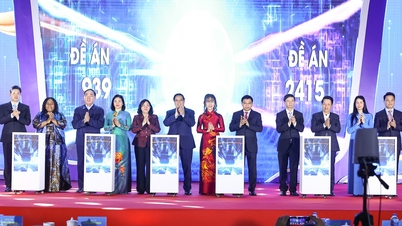





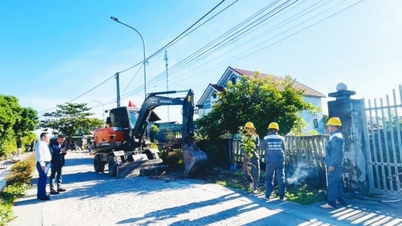
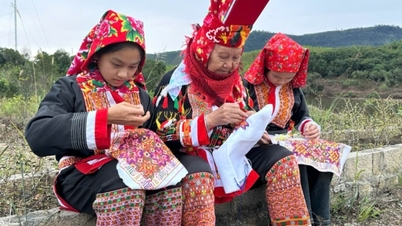

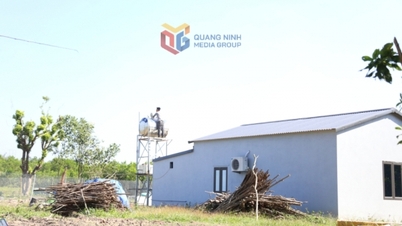

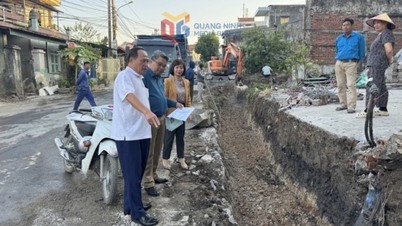




































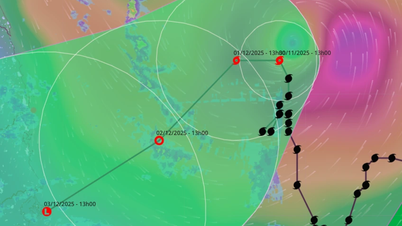
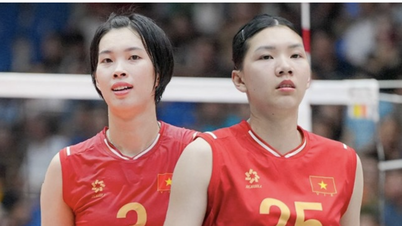

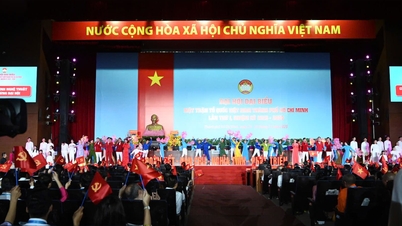
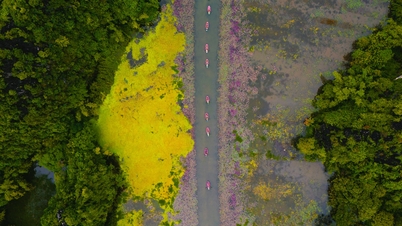



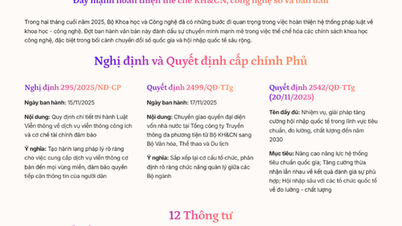

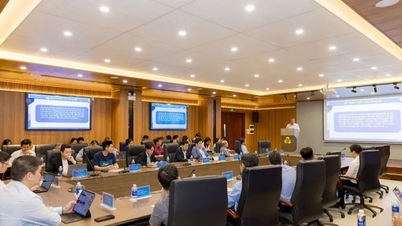
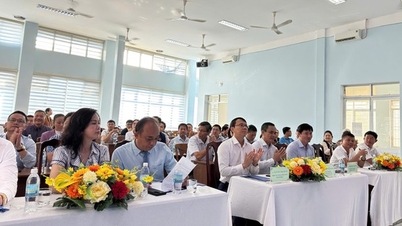
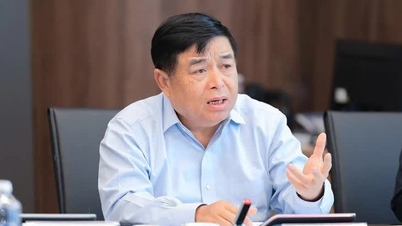
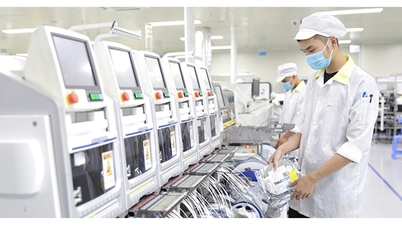
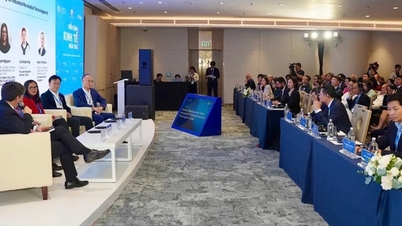
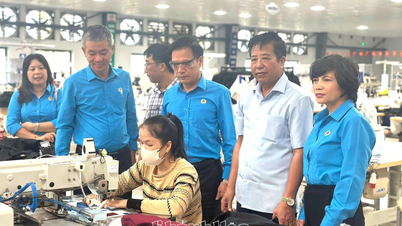
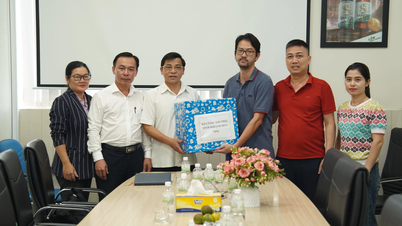
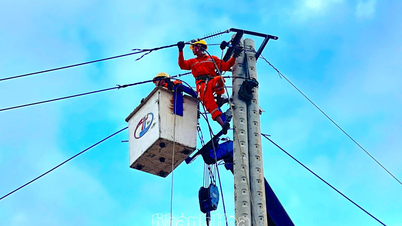
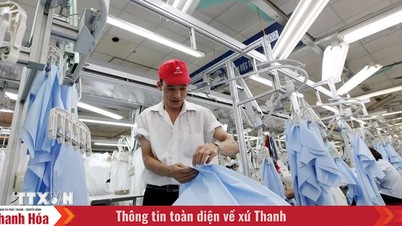

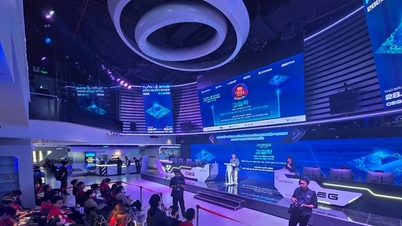

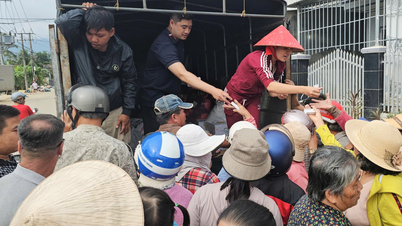







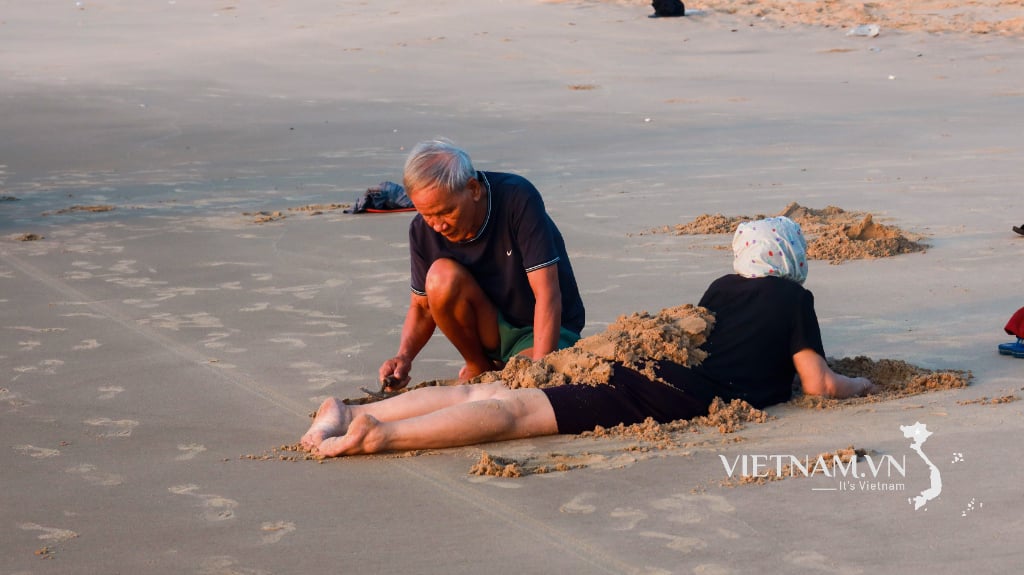



Comment (0)